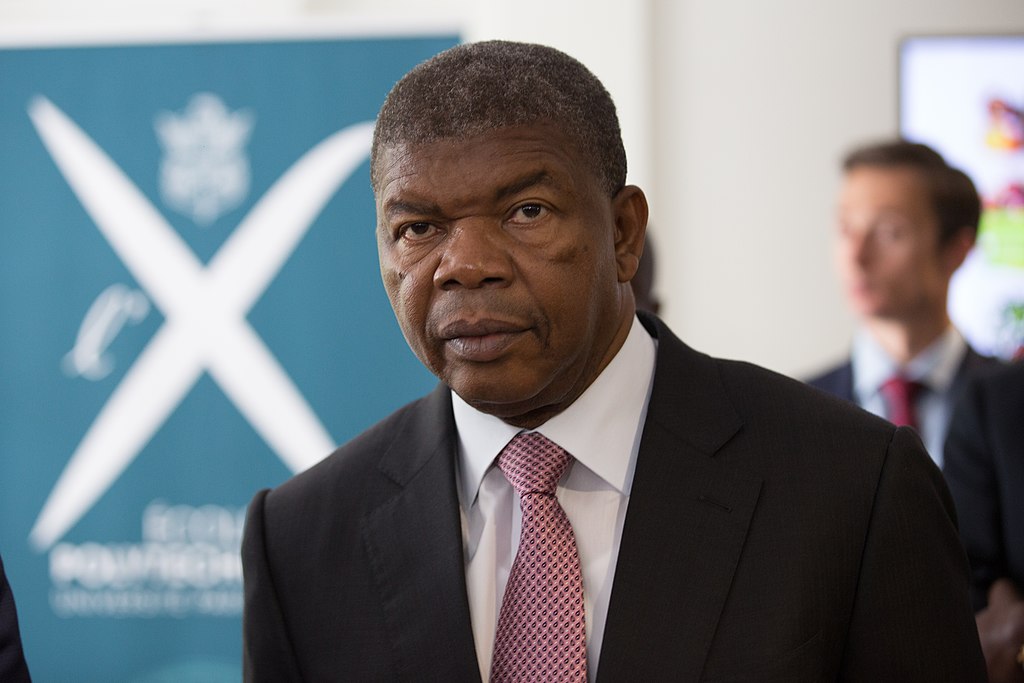The courts rejected the dispute, declaring MPLA the winner
Originally published on Global Voices

João Lourenço, President of Angola | Wikimedia Commons CC BY-SA 2.0
On 24 August, Angola held elections for parliament, which also determine the incoming president of the republic. While other parties participated, two parties dominated the elections: the ruling party MPLA (Popular Movement for the Liberation of Angola), and the largest opposition party UNITA (National Union for the Total Independence of Angola).
Amid protests and accusations of a lack of credibility, the ruling MPLA party was declared the winner. The National Electoral Commission announced that the MPLA won with 51.17 percent of the vote, against 43.95 percent for UNITA
Days later, UNITA leader Adalberto Costa Júnior insisted that the MPLA had not won the elections and said that the results did not reflect the reality of the polls. Júnior also stated that he would do everything in his power to ensure that all votes were effectively counted.
Adalberto Costa Junior proposed the creation of an international mission to compare records of the general elections, saying he had information about numerous discrepancies in the provisional results presented by the National Electoral Commission:
A direcção nacional da UNITA desafia a CNE a, em nome da verdade, aceitar a estruturação de uma comissão com participação internacional para ser feita a comparação das atas síntese em posse da CNE com as atas síntese em posse dos partidos políticos.
UNITA's national leadership challenges the CNE, in the name of truth, to accept the creation of a commission with international participation to compare the summary records held by the CNE with the summary records held by political parties.
In response to UNITA's complaint, a ruling — released by the Constitutional Court on September 5 and signed by nine of the ten judges convened in the plenary session — rejected UNITA's appeal. The court found that the requirements were not met, according to article 399 and the Civil Procedure Code.
Generally speaking, while the MPLA and its leader João Lourenço celebrated the victory, many Angolans disputed the results, on social media and in the streets. As DW reported, on the day the final results were announced there was a heavy police presence in several Luanda neighborhoods. There were also reports of arrests across the country and, according to data from the civic movement Mudei, around 20 activists were detained.
Elections in Angola
Angola has around 14 million voters. The mandate of the president and deputies is five years long, and a president can serve a maximum of two terms. With the change in the law made in 2010, people vote for a single party for both the parliament and the presidency, and the leader of the party with the most votes becomes president.
The country's 18 provinces are headed by governors appointed by the president. In the 220-seat parliament, the MPLA currently holds a majority with 150 seats, but the centre-right candidate Adalberto Costa Júnior is expected to change the parliamentary arithmetic with these elections.
Elections were held for the first time in the country in 1992, which has been ruled by the MPLA since Angola became independent in 1975. João Manuel Gonçalves Lourenço, aged 68, has been president since 2017, and was previously Minister of Defence between 2014 and 2017.
Post a Comment